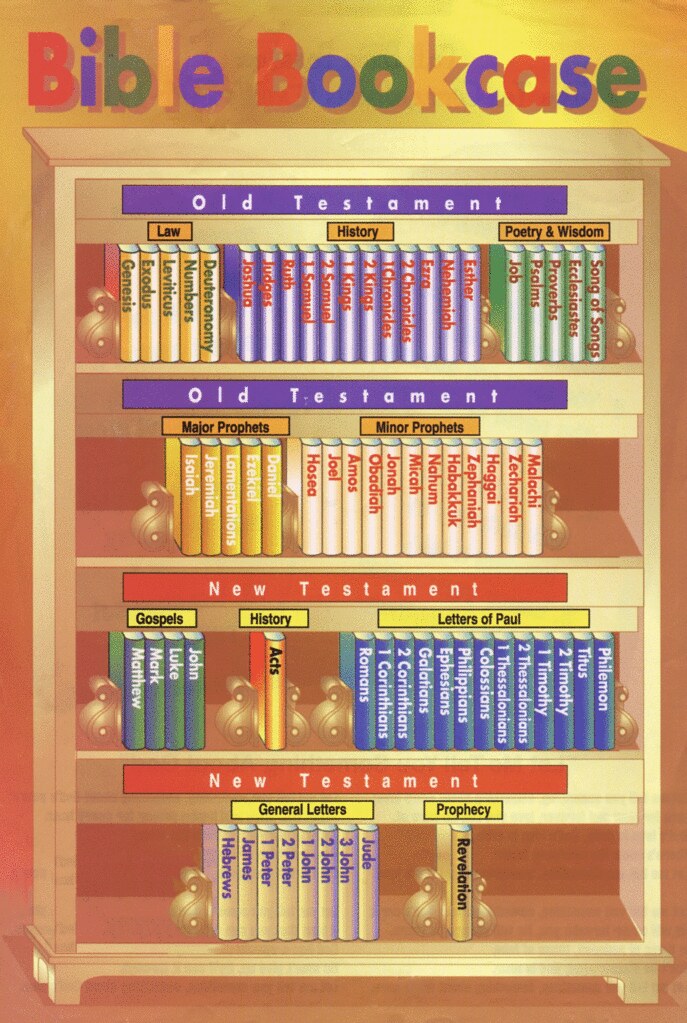BACKGROUND
A priest was to please the Lord in the execution of his duties. He was to be careful in handling the sacred offerings. These offerings or gifts were probably tithes, first fruits, and sacrifices (Numbers 18:8-19). Their hearts were to be 100% invested in what they were doing. They were to be clean, monitor who ate the offerings, and make sure that sacrificial animals were qualified.
Why were they to follow all these holiness regulations? There is a hint of this in the key repeated phrase of this chapter: "I am the LORD." He is a holy God, and His commandments were to be obeyed! He had brought them out of Egypt and set them apart (sanctified) as a people for Himself, that was all the reason they needed.
REFLECTION
The people would have been familiar with the priests of Egypt who were into greed, power, and control. God was calling His priests to be different. They were to be set apart and to do their duties with a heart to please only God and help the worshipers draw near to Him.
Those of us who follow Jesus are priests who offer up spiritual sacrifices acceptable to God through Jesus Christ (1 Peter 2:5, 9). We are to live our lives set apart and our behavior excellent as we abide in Jesus Christ (1 Peter 4:11-12).
What is your motivation for ministry? Are you doing it from the heart to please God or just going through the motions? Do you do it for self-aggrandizement or to please the Lord? Or do you do it trying to earn acceptance from God?
APPLICATION
Meditate and pray through 1 Peters 2:4-12 below and dedicate yourself to Him!
Is your motivation in ministry to try to gain acceptance from God in the Cycle of Works where you are trying to find your acceptance from your effectiveness (fruitfulness) in ministry?
Or do you operate in a Cycle of Grace where out of a heart understanding of your belovedness and acceptance by God?
Living in the Cycle of Grace Handout
PRAYER
PRAYER
And coming to Him as to a living stone which has been rejected by men, but is choice and precious in the sight of God, you also, as living stones, are being built up as a spiritual house for a holy priesthood, to offer up spiritual sacrifices acceptable to God through Jesus Christ. For this is contained in Scripture:
“Behold, I lay in Zion a choice stone, a precious corner stone,
And he who believes in Him will not be disappointed.”
This precious value, then, is for you who believe; but for those who disbelieve,
“The stone which the builders rejected,
This became the very corner stone,”
and,
“A stone of stumbling and a rock of offense”;
for they stumble because they are disobedient to the word, and to this doom they were also appointed. But you are a chosen race, a royal priesthood, a holy nation, a people for God’s own possession, so that you may proclaim the excellencies of Him who has called you out of darkness into His marvelous light; for you once were not a people, but now you are the people of God; you had not received mercy, but now you have received mercy. Beloved, I urge you as aliens and strangers to abstain from fleshly lusts which wage war against the soul. Keep your behavior excellent among the Gentiles, so that in the thing in which they slander you as evildoers, they may because of your good deeds, as they observe them, glorify God in the day of visitation.



